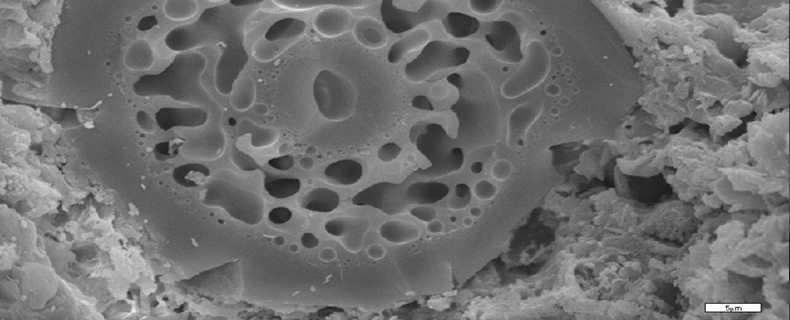| School | Natural Sciences | ||||||||||||
| Academic Unit |
Geology Department | ||||||||||||
| Level of Studies |
Undergraduate | ||||||||||||
| Course Code |
GEO_401 | ||||||||||||
| Εξάμηνο σπουδών | 5ο | ||||||||||||
| Course Title |
Remote sensing in the marine environment | ||||||||||||
| Independent Teaching Activities |
Lectures, Laboratory Work and Field Work | ||||||||||||
| Weekly Teaching Hours |
1(L), 1(LW) | ||||||||||||
| Credits | 4 | ||||||||||||
| Course Type |
General knowledge, Scientific Area | ||||||||||||
| Prerequisite Courses |
No | ||||||||||||
| Language of Instruction & Examinations |
Greek. Teaching may be however performed in English in case that foreign students attend the course | ||||||||||||
| Is the Course offered to Erasmus Students |
Yes | ||||||||||||
| Course Web-Page (URL) | https://eclass.upatras.gr/courses/GEO346/ | ||||||||||||
| Learning Outcomes |
Upon successful completion of this course , the students will be able to:
|
||||||||||||
| General Competences |
|
||||||||||||
| Syllabus |
Theory & Laboratory
Field work Marine geophysical survey so the students will be able to practice on the acquisition of marine remote sensing data sets |
||||||||||||
| Delivery | In classroom and in laboratory (face-to-face) | ||||||||||||
| Use of Information & Communication Technology |
|
||||||||||||
| Teaching Methods |
|
||||||||||||
| Student Performance Evaluation |
Ι. Theory Final Exam, written, of increasing difficulty, which may include Multiple choice test, Questions of brief answer, Questions to develop a topic, Judgment questions and Exercise solving. Students are obliged to attend all scheduled laboratory classes and to prepare and present laboratory exercises during the semester. Marking Scale: 0-10. Minimum Passing Mark: 5. |
||||||||||||
| Attached Bibliography |
Books : Notes and lectures within the framework of the academic project: “open courses” Relative scientific journals: Marine Geology, Geo-Marine letters. |






























